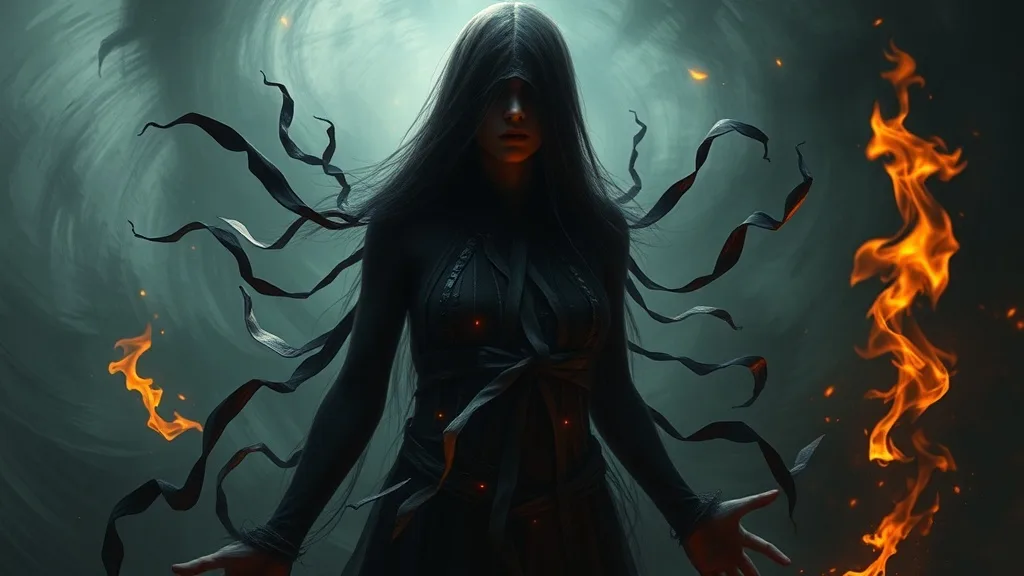**Demographics of Dreamers of Lunatics:**
Want a Personalized Dream Interpretation?
Curious about how people like you interpret this dream symbol? Explore personalized interpretations tailored to your demographic. Get personalized insights for free!
Get Free Interpretation Now →Table of Contents
1. Age and Gender
The interpretation of a lunatic dream can vary depending on the dreamer's age and gender.
Age:
- Younger dreamers: May symbolize feelings of isolation or disconnection from their peers. It could also indicate a fear of being different or not fitting in.
- Older dreamers: May represent a concern about mental health or the onset of cognitive decline. It could also symbolize a sense of vulnerability or a loss of independence.
Gender:
- Women: May symbolize a feeling of being overwhelmed or helpless in the face of societal pressures. It could also reflect concerns about their mental well-being or the way they are perceived by others.
- Men: May indicate a fear of losing control or being seen as weak or inadequate. It could also symbolize a desire for greater self-expression or autonomy.
2. Mental and Physical Health
Individuals with mental health conditions may encounter dreams depicting lunacy as a manifestation of their psychological struggles. In such cases, the lunatic represents inner turmoil, anxieties, or delusions that haunt the dreamer's mind. The dream serves as a mirror, reflecting the complexities and challenges of living with mental illness.
Conversely, those in good mental and physical health may also experience dreams of lunacy. For them, the lunatic can symbolize suppressed emotions, unconventional thoughts, or an inner rebel seeking expression. These dreams often encourage self-exploration, acceptance of one's uniqueness, and a willingness to embrace the eccentric or non-conformist aspects of the self.
3. Cultural and Religious Background
In Eastern cultures, lunacy often symbolizes mental instability or madness.
- Buddhism: Lunacy is seen as a karmic consequence of negative actions in past lives. It represents a state of being overcome by delusions and mental disturbances.
- Hinduism: In Hindu mythology, the goddess Chandi is depicted in a fierce form known as Chamunda, who represents the destructive and unbalanced aspects of the mind. Dreaming of a lunatic may indicate that these aspects are manifesting in the dreamer's life.
- Taoism: In Taoist philosophy, lunacy is considered a sign of yin (feminine) energy gone out of balance. It suggests that the dreamer may be experiencing emotional or mental turmoil and needs to seek harmony and balance.
4. Recent Life Experiences and Traumas
For individuals who have recently experienced traumatic events or significant life stressors, the symbol of a lunatic in their dreams may carry unique meanings. Such dreams can represent hidden fears, repressed emotions, or unresolved psychological wounds that have been triggered by these experiences.

-
Childhood Abuse: People who have endured childhood trauma may associate lunatics with the unpredictable or frightening behavior of their abusers. Dreams of lunatics can reflect the emotional scars and lingering feelings of insecurity that stem from these experiences.
-
Loss and Grief: The loss of a loved one or a significant life change can stir up feelings of sadness, anger, and disorientation. Dreaming of lunatics can symbolize the emotional turmoil and sense of instability experienced during this time, as the dreamer grapples with the change in their reality.
-
Unresolved Trauma: Past traumas that have not been adequately processed or addressed can manifest in dreams as lunatics. These dreams may serve as a warning that the buried trauma is still affecting the dreamer's mental well-being and needs attention.
-
Feeling Overwhelmed: Individuals who feel overwhelmed by life's challenges or are struggling to cope with stress may project these feelings onto the image of a lunatic in their dreams. The lunatic represents a loss of control or the inability to make sense of the chaos around them.
5. Occupation and Lifestyle
For those engrossed in the realm of medicine, dreams of lunatics may reflect a suppressed desire to confront and understand mental illness. The frantic movements and incoherent speech of the lunatic serve as a subconscious reminder of the complexities and uncertainties that surround the human mind.
Individuals immersed in art and creativity often interpret lunatic dreams as a symbol of unbridled imagination. The erratic behavior and unconventional perspectives of the lunatic mirror the creative process, where ideas flow freely and boundaries are pushed.
For those who lead a structured and conventional lifestyle, dreams of lunatics can represent a longing for liberation from societal norms. The chaotic and unpredictable nature of a lunatic's actions challenges the rules and expectations imposed by society, mirroring a repressed desire for freedom and spontaneity.
By examining the occupational and lifestyle contexts of dreamers, we can unravel the diverse meanings behind the enigmatic symbol of the lunatic, offering insights into the subconscious desires and aspirations of individuals from different walks of life.
Back to interpretation of lunatic

